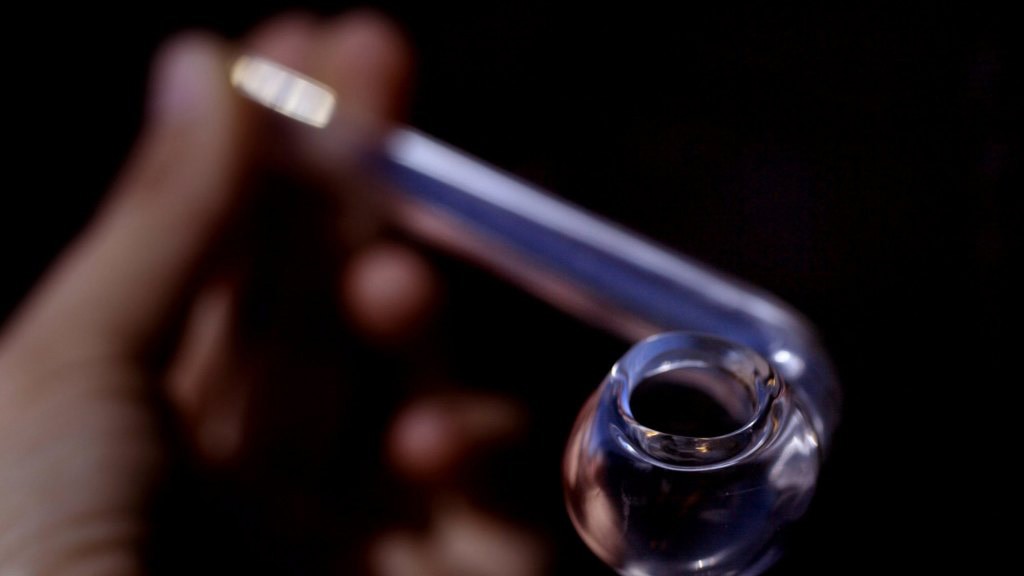
“The day of my deepest shame, and greatest pride, was when my children came to my rescue.”
‘There is no stereotype’: I became an ice addict at the age of 63
Mark Hancock
5.3.21
I have been the chief executive of several companies and before that was a general manager of the NSW Legal Aid Commission. I am blessed with good health, a loving wife, successful children and staggeringly beautiful grandchildren. And for a short time, from the age of 63, I was an ice addict.
When acquaintances asked me if I wanted to try a pipe of “Tina”, I didn’t know what they were talking about. I had never tried drugs, was a social drinker and non-smoker. They were high performing, successful people who were smoking methamphetamine to stay awake and work harder, longer hours. I was exhausted and stressed and before long, I joined them.
Addiction came hard and fast. Within four months my personality had completely changed. Swinging from paranoia to hallucinations, I had a city apartment where I lived during the week which enabled me to hide what I was doing from my family. On weekends, I would head home out of Sydney to continue my usual routine of family dinners and household chores, covering up my addiction as best as I could.
It was a paranoid episode, that finally tipped them off. The day of my deepest shame, and greatest pride, was when my children came to my rescue. They virtually kidnapped me from the apartment and put me into treatment. Regardless of my mistakes, they loved me. My wife and I had raised them to be strong and compassionate.
That wasn’t the end of my addiction. I relapsed and ended up in the criminal justice system. As someone who had, among other things, been involved in the work of the Nagle Royal Commission into NSW Prisons, it was certainly a dramatic turn of events.
Having experienced drug addiction and both sides of the justice system, it is clear to me that drug laws must be changed. When a person is within the grasp of addiction, police, courts and prisons are not the most effective means to support them to make changes for the better.
The recommendations from the Special Commission of Inquiry into the Drug Ice are an excellent blueprint for badly needed reform, backed by evidence.
Experience from around the world shows treating personal drug use as a health and social issue saves lives and doesn’t increase use. The best example is Portugal, with almost 20 years of positive results. Many US states are moving to decriminalisation or even legalisation.
In Australia, every state except NSW and Queensland have made similar moves as the three-strikes system currently before Premier Berejiklian’s cabinet. However, in NSW, “law and order” retail politics is again being raised in an attempt to block this positive initiative being adopted. This continued politicisation of what should be evidence-based policy has prompted me to speak out.
As someone who understands firsthand, I say to NSW MPs: diverting people who experience drug dependency into treatment is no “soft” option. You can’t be “hard” or “soft” on drugs. As the experts recommend, people experiencing drug dependency require evidence-based treatment options to avoid the many health and social impacts that addiction leads to.
“Tough” laws are not reducing drug use. If you want to reduce drug use, you need to give people access to treatment and guide them in that direction instead of into the criminal justice system.
And those who do have a problem with drugs or alcohol are not “dopes”.
Drug use is common. Over 43 per cent of Australians over 14 have tried an illegal drug in their lifetime. And for the small proportion of drug users who become dependent – drugs don’t discriminate. Young or old, disadvantaged or privileged, educated or not. It could be you, or your children or your parents. If that happened, wouldn’t you choose treatment over prison?
I am incredibly lucky to have crashed fast, had strong family support, found treatment and managed to come out of addiction with my family and everything pretty much intact.
My experience shows there is no stereotype when it comes to who uses ice or any other drug. It shows that, with the right compassion and support, people can get their lives back on track.
NSW Premier Gladys Berejiklian and her cabinet should know that when it comes to methamphetamines, the “soft” option is to keep the status quo. While it may seem the “hard option” to attempt to change this critically flawed system, it is clearly the only right option.
Read the original Sydney Morning Herald article here.
About:
Mark Hancock is a member of the Fair Treatment Campaign and a director of Unharm.
Sign up
Sign up for news and opportunities to get involved
We are working to make drug use legal and safe in Australia so that everyone has a better chance to lead a healthy and happy life. Join us.